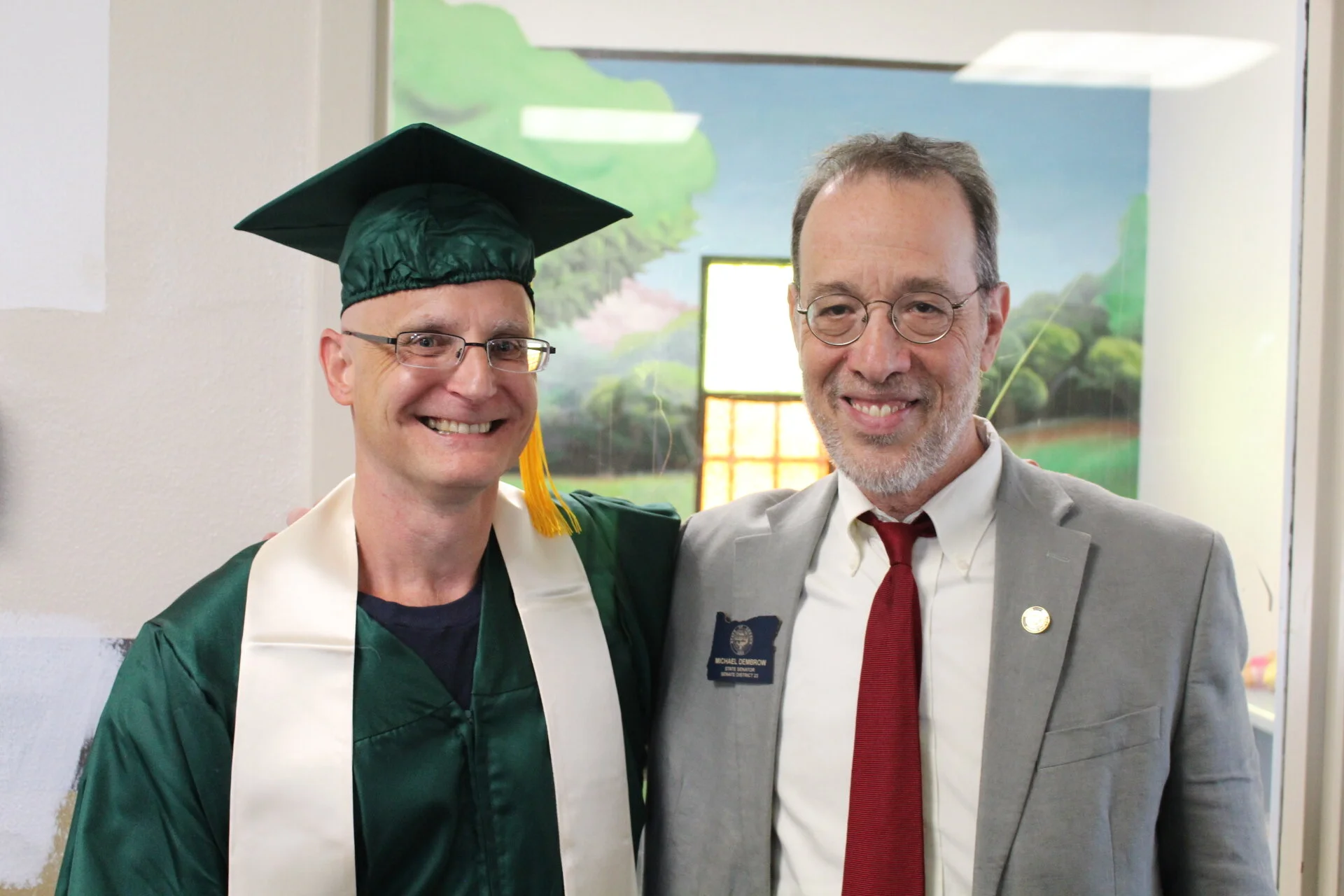We could not be more delighted to announce that we have received a grant from the Mellon Foundation to deepen and expand our work. In the midst of covid and the many accompanying uncertainties, this grant is more welcome even than it would have been in “normal” times. The funding will allow us to expand our course offerings in the Humanities, as well as develop a project to send reading materials to folks in special housing units and to provide educational TV programming statewide.
The Mellon Foundation has been a staunch supporter of prison education efforts, and we are honored to be part of their work.



